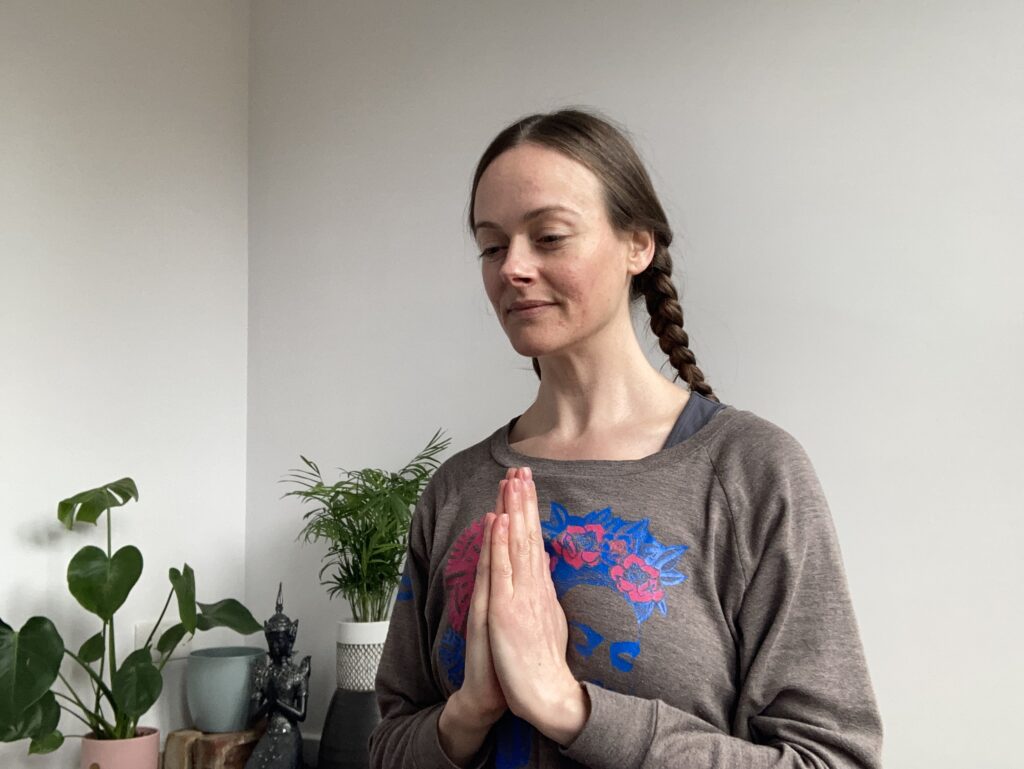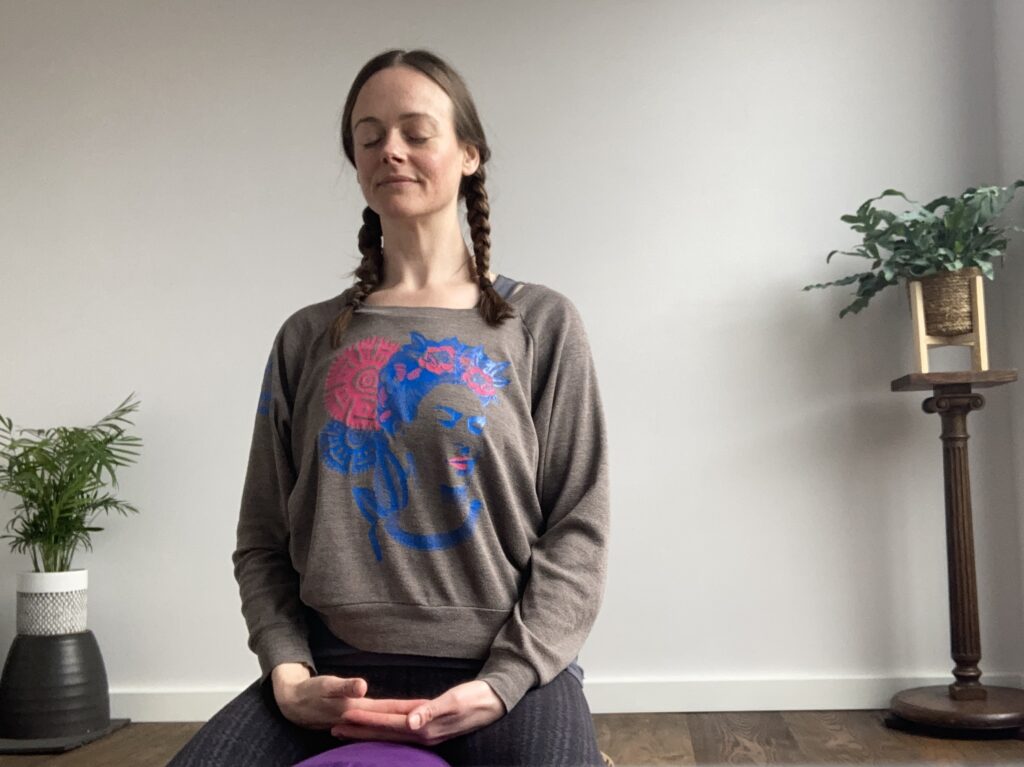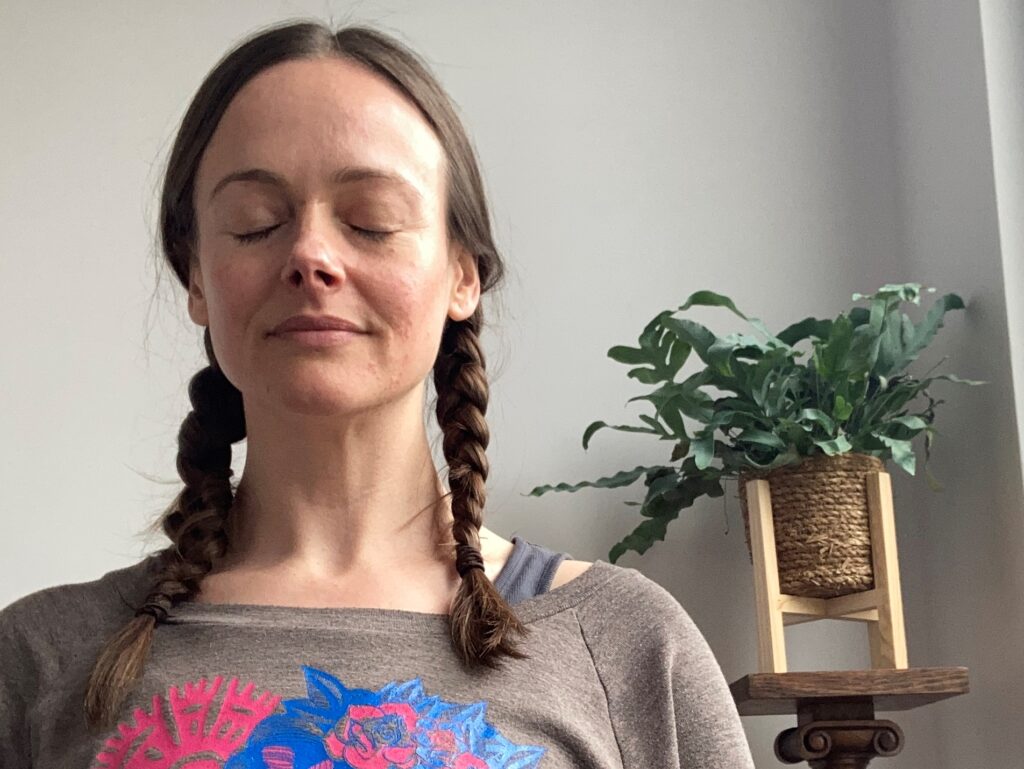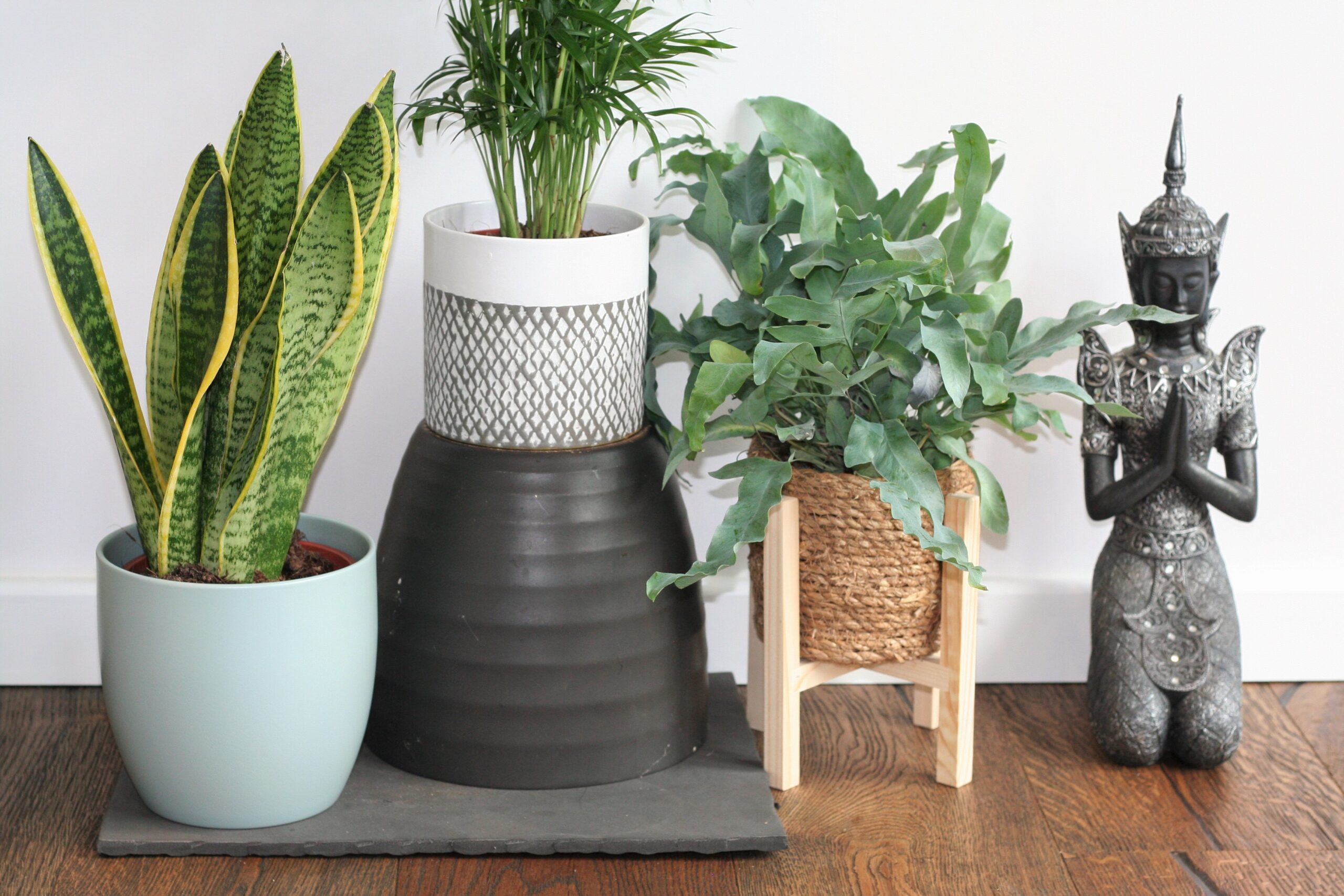What Does Think Positively Mean?
Have you ever been told to ‘think positively’? What does it really mean, and can it be helpful? There are many idioms in the English language about getting through a tough situation; ‘keep your chin up’, ‘look on the bright side’, ‘when life gives you lemons, make lemonade’, and ‘every cloud has a silver lining’. However, this does not simply mean putting on an act and pretending that everything is ok. We are all entitled to feel our emotions, regardless of whether they are perceived as negative or positive. The key is allowing ourselves to feel the emotions and let them move through us. Using Mindfulness and Gratitude practices, we can begin to access how to cultivate positive thought.

Genuine Positive Thought
These idioms and advice have become removed from their initial meanings, which is to look for a positive in a situation without denying how, or pretending what, we feel. It is a practice that if cultivated, can become a tool in which to help us through difficult times. For example, if I planned to go away on holiday, I enjoy the anticipation of going away and look forward to the time I will spend with my loved ones. However, if the event is cancelled, then I may feel disappointed. Looking for a positive in this situation can be a way to help me now dwell on my disappointment. I can notice the disappointment, allow it to be in my body, be kind to myself, but still move on from this feeling. Looking at the positive could be that I had allowed myself to feel the joy of anticipation, which can be one of the most enjoyable parts, and feel gratitude for having been able to experience joy. However, if I had denied my feeling of disappointment, and told myself I should be grateful, then the ‘positive’ would not have been an illusion and not brought me closer to contentment.

Cultivating Positive Thought and Mindfulness
I am a great believer in meditation and mindfulness, as well as gratitude practices. The Yoga Sutras of Patanjali 2.33 state “When disturbed by negative thoughts, opposite [positive] ones should be thought of. This is pratipaksha bhavana.” Pratipasksha Bhavana is the technique of cultivating positive thought each time a negative thought comes into the mind. This can be hard in the moment but using mindfulness techniques alongside can help. Mindfulness helps us to learn to allow emotions to move through us, feeling what we are feeling, without dwelling on, or judging them. Jon Kabat Zinn writes “Mindfulness is awareness that arises through paying attention, on purpose, in the present moment, non-judgementally.” Through mindfulness we can begin to notice our thoughts and feelings, without judgement, and therefore become less reactive to them. Combined with the practice of gratitude, we can begin to work towards Pratipaksha Bhavana, which could bring us closer to contentment.
Gratitude Practice
Every evening mealtime I sit down at the table with my family to eat. We set the table with napkins and cutlery and light a candle. It has become our ritual. We then take it in turns to share something for which we are grateful. Sometimes it is as simple as the food in front of us, or that we are together. Other times it may be more profound, such as feeling grateful that I can walk along the street as a woman without the fear of murder or attack because I am a woman, or that I was born with the right to an education. This practice was not easy at first, for me or my family, but it became comfortable and even comforting. I look forward to our gratitude practice as much as any other part of our mealtime now.
An Ongoing Practice of Positive Thought
With a regular combined mindfulness-based meditation and gratitude practice, I can more easily detach from the stories that I allow to arise from feelings I have. I am more centred, more grounded and more able to practice cultivating positive thought. I have a wonderful family and partner, who remind me to look for the positive when I am too weary to do so and instead of thinking I must mask my upset with an insincere smile, I now genuinely can find positivity more easily. Not always, but it is easier. And it is an ongoing practice for which I feel grateful for.
You can learn more about Mindfulness with Anahata yoga Centre and Jon Kabat Zinn, or practice with me as part of one of my yoga classes.


